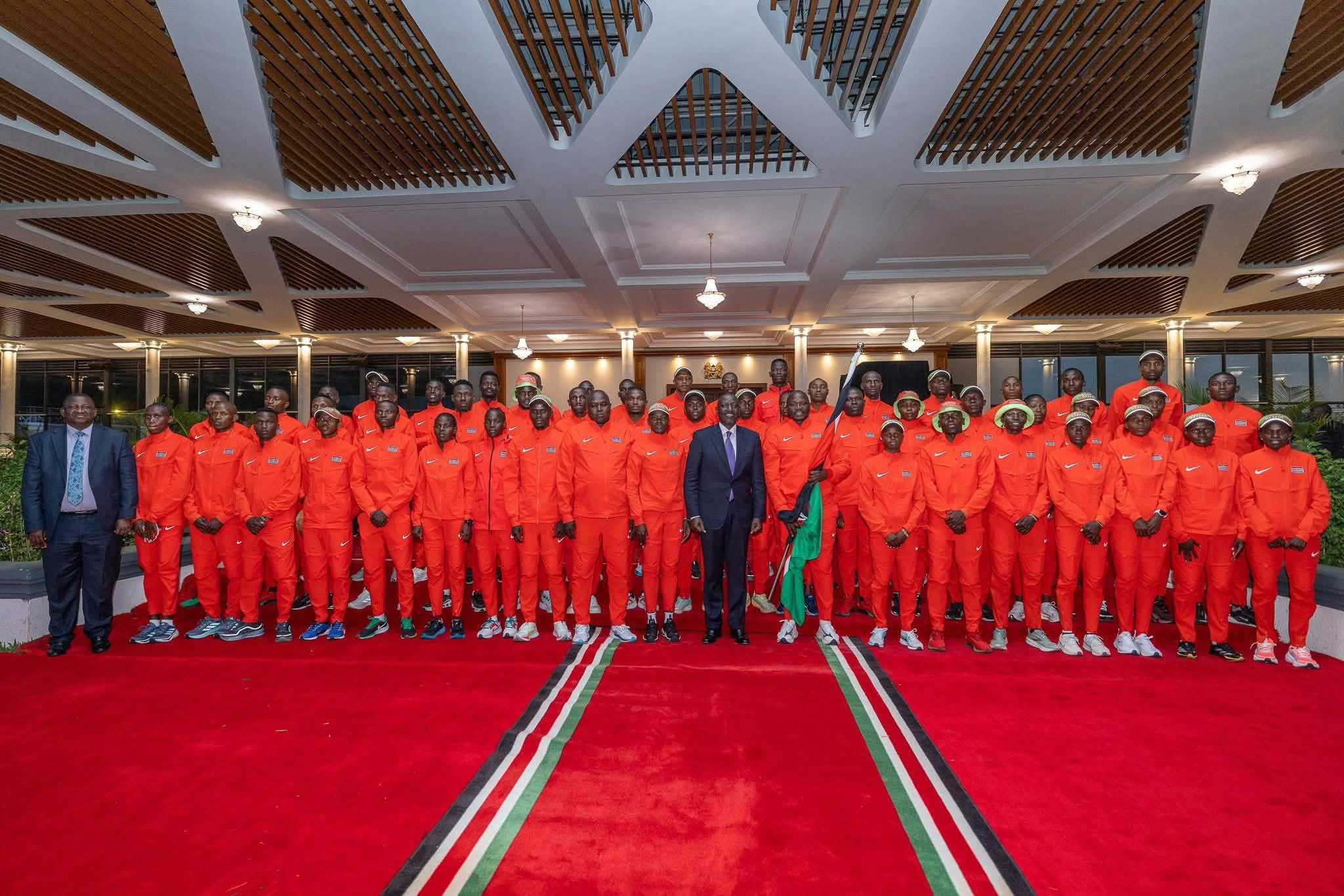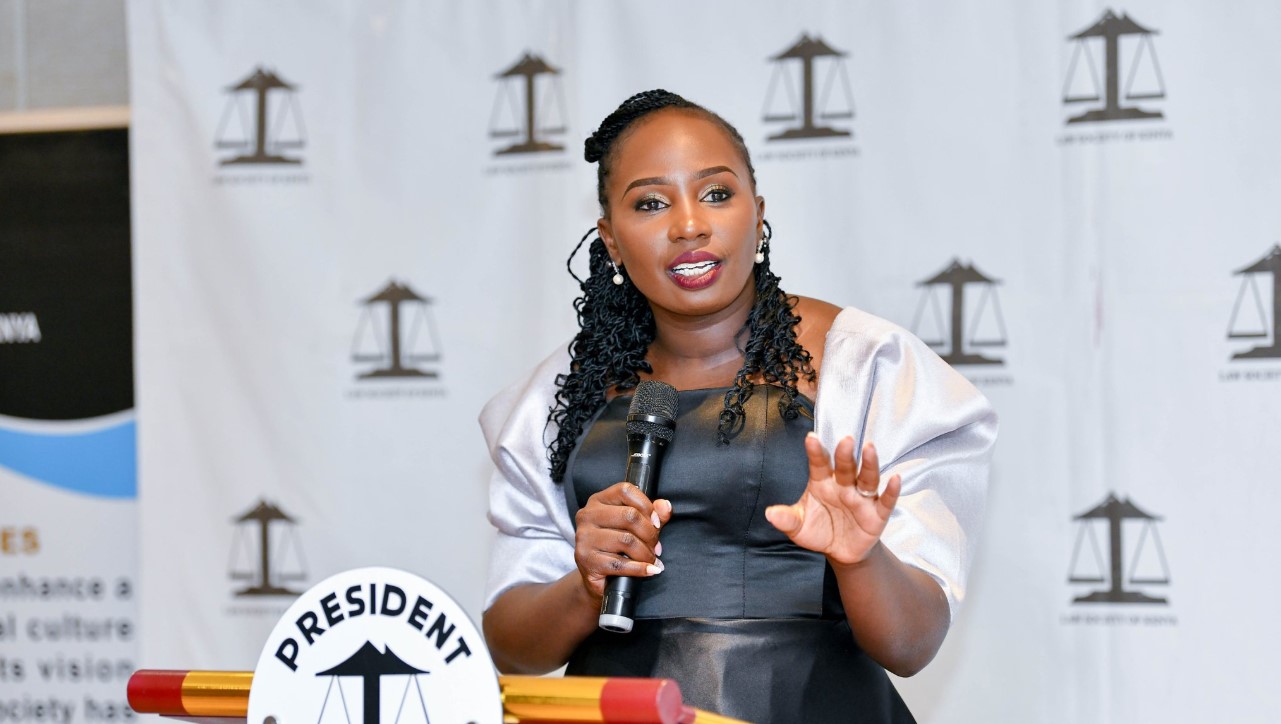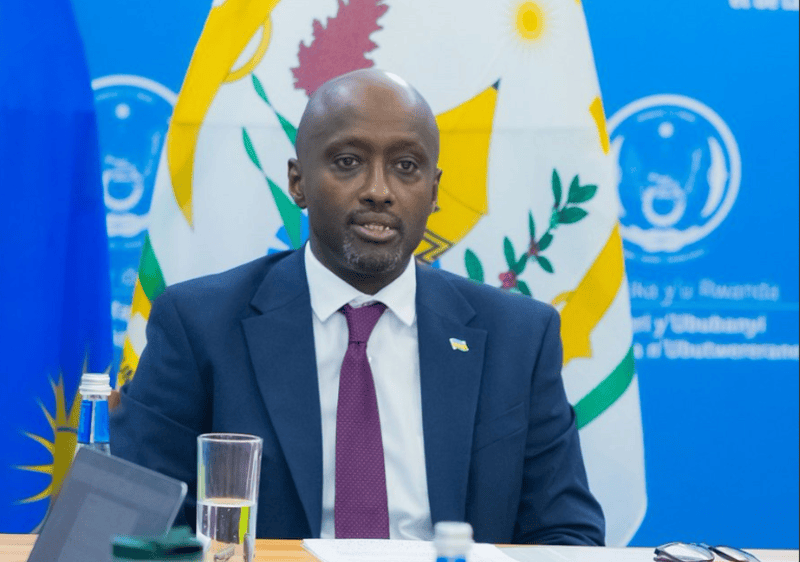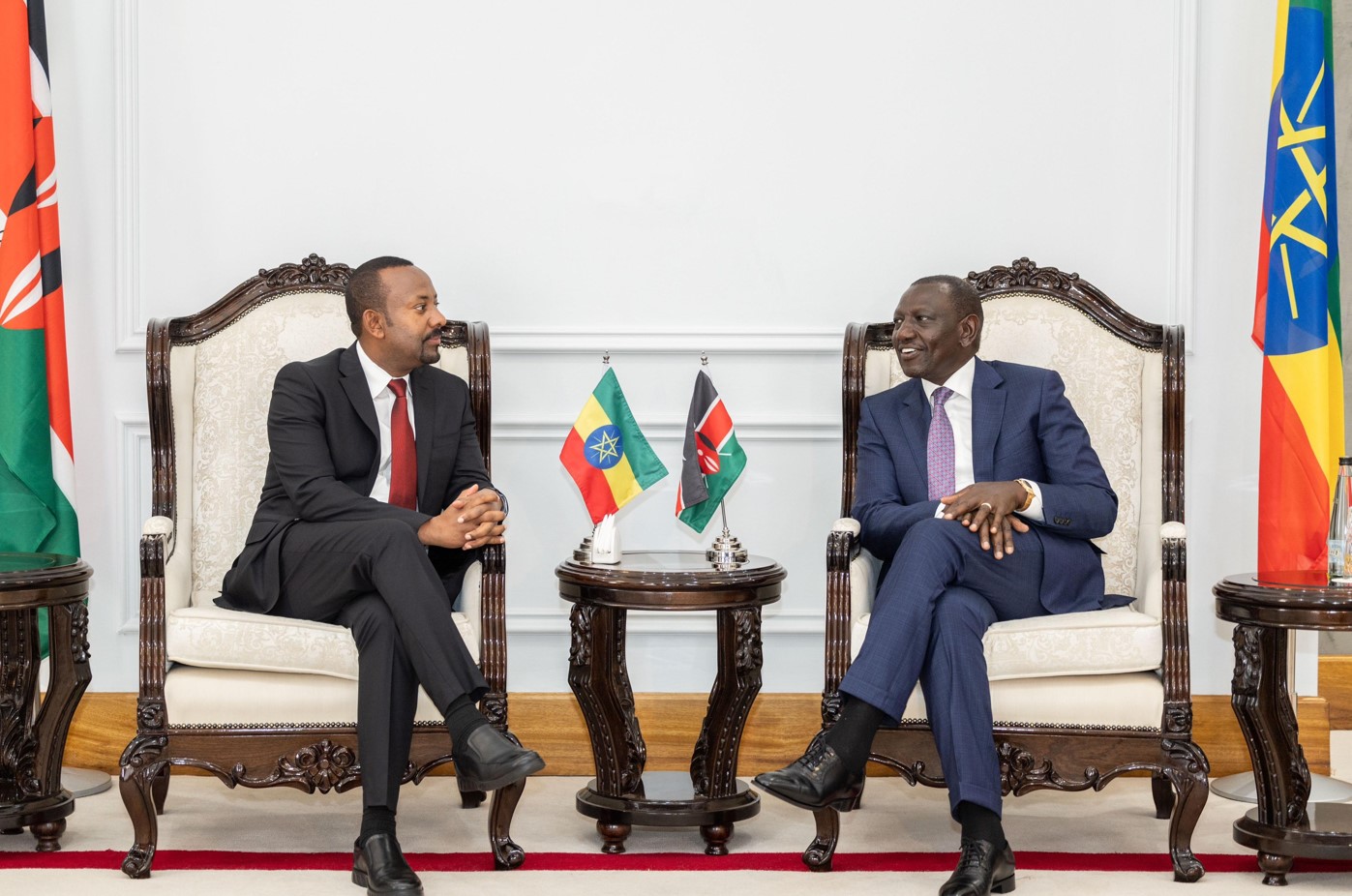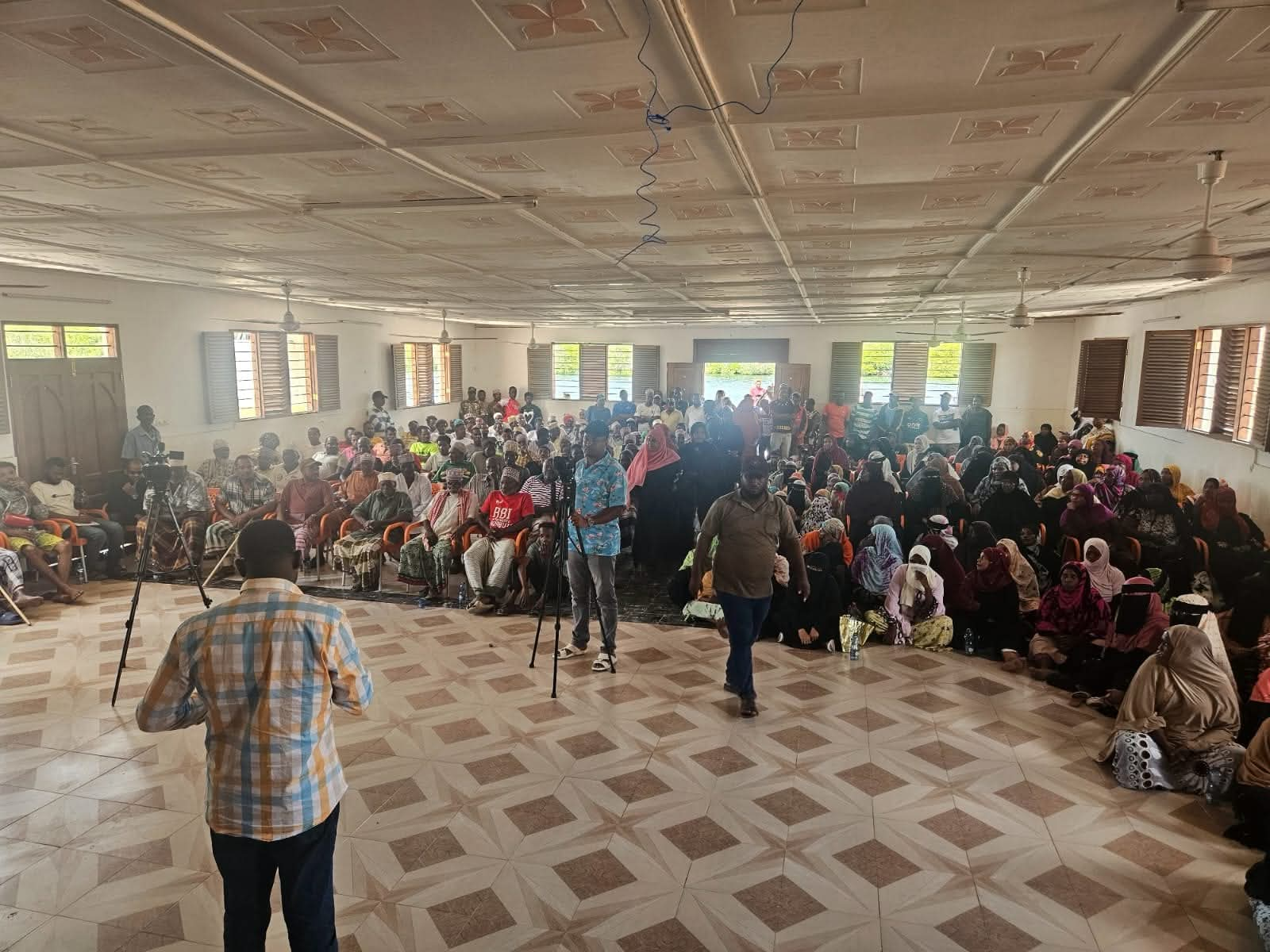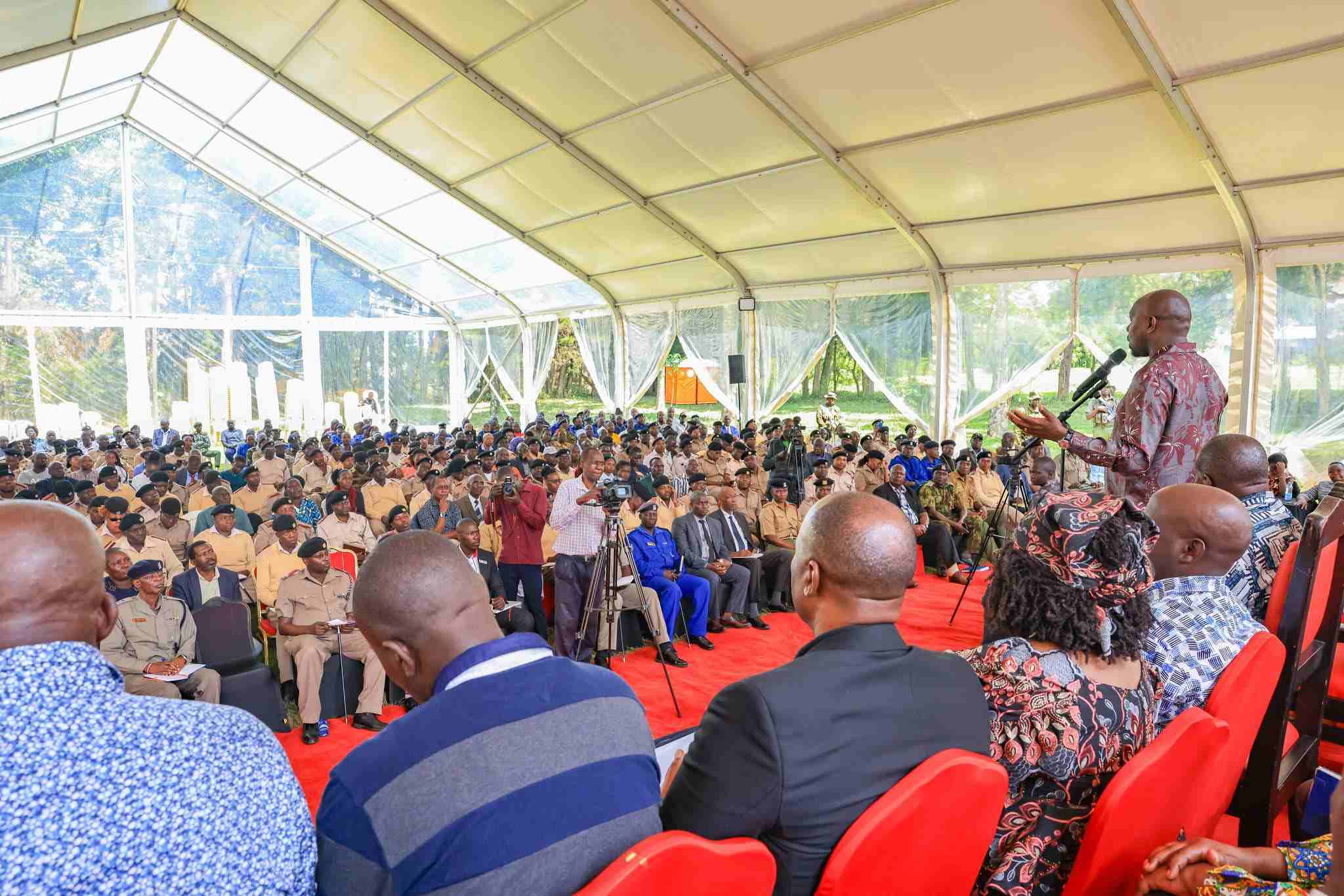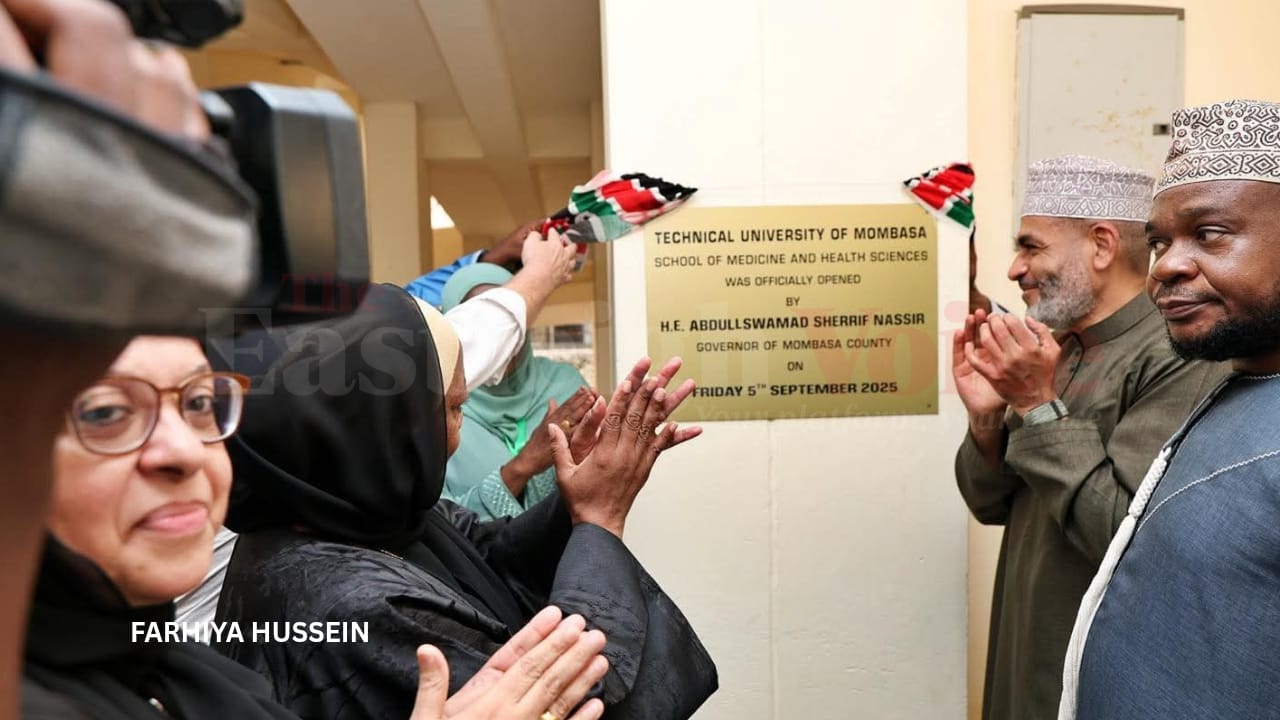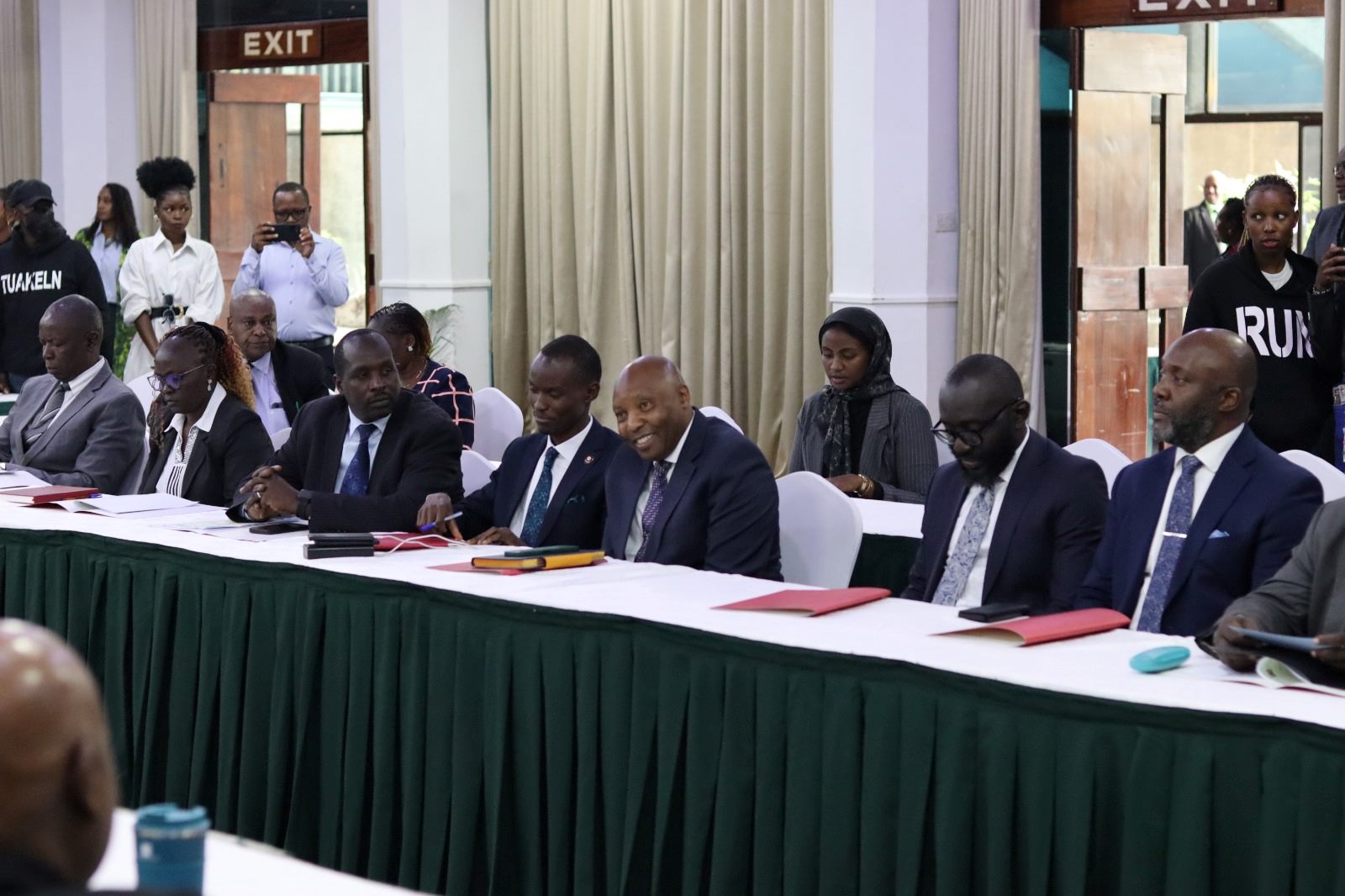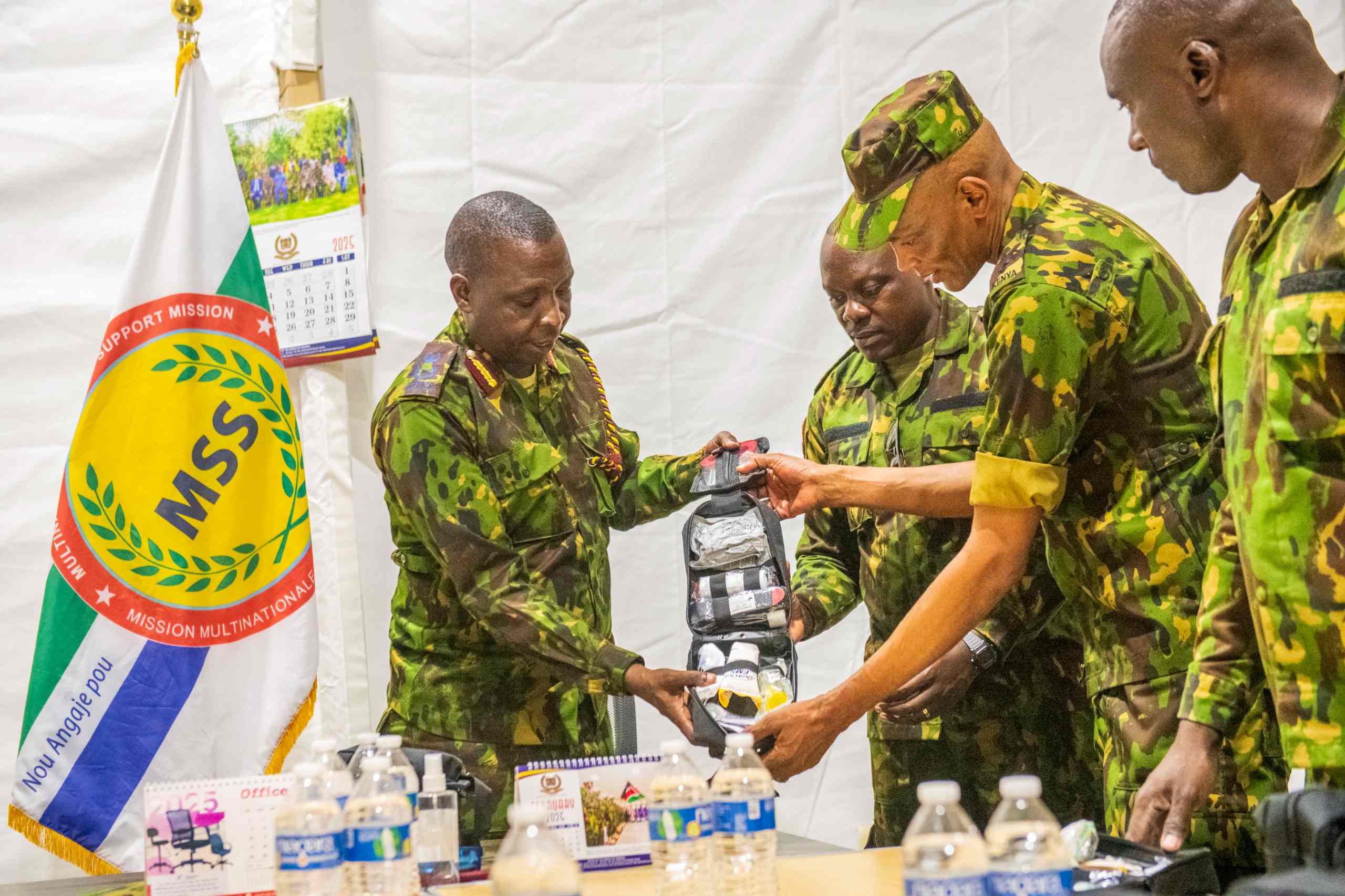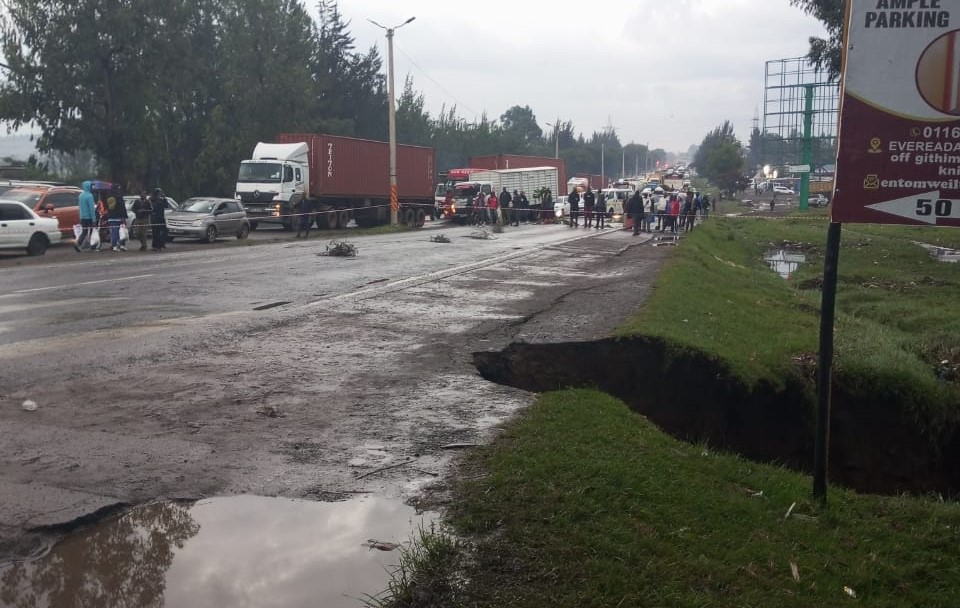Kebs on the spot as MPs order withdrawal of disputed levy regulations

The legislators on Tuesday questioned how a 1990 legal notice had been quietly replaced without fresh tabling before Parliament, accusing Kebs of sidestepping legal procedures and failing to engage the public meaningfully.
The National Assembly has ordered the Kenya Bureau of Standards (Kebs) to immediately withdraw and republish the Standards Levy Order, 2025, amid growing concerns over its legality, lack of public participation, and unfair burden on small manufacturers.
Members of the Parliamentary Committee on Delegated Legislation grilled officials from Kebs and the Ministry of Trade over the continued enforcement of the regulations, which have been in place since 2016 without proper parliamentary approval.
More To Read
- Housing levy funds surge to Sh73 billion despite slow project rollout
- MPs suspend Sh420 million KEBS probe after DCI clears agency
- MPs probe KEBS's controversial vehicle inspection tender
- NTSA releases list of licensed vehicle body builders and assessors
- MPs reject proposal to divert road maintenance funds for administrative use
- Counties poised for share of road maintenance levy under new Bill
The legislators on Tuesday questioned how a 1990 legal notice had been quietly replaced without fresh tabling before Parliament, accusing Kebs of sidestepping legal procedures and failing to engage the public meaningfully.
The committee warned that the government risked legal suits and possible refunds to manufacturers who had paid levies under the disputed regulations.
“It is in your interest that you move very fast before someone goes to court and forces you to refund all the money collected illegally. You must withdraw them, republish, and appear before the committee with the same document for scrutiny and validation,” said committee chair Samuel Chepkonga.
The MPs raised further concerns over what they described as inconsistencies in the levy structure.
Under the current order, companies manufacturing goods worth over Sh2 billion are subjected to a maximum levy of Sh4 million, with plans to increase the ceiling to Sh6 million by 2030.
The MPs argued that the fixed cap disproportionately favours large corporations while disadvantaging smaller manufacturers.
“Why should a company making Sh2 billion pay the same levy as one making Sh20 billion? That is discriminatory and goes against Article 27 of the Constitution,” said Kathiani MP Robert Mbui.
The committee is pushing for a shift to a proportional levy structure, arguing that a percentage-based approach would be more equitable and constitutional.
Industry Principal Secretary Juma Mukhawana acknowledged that the order was not tabled in Parliament on time, resulting in its withdrawal for drafting into a proper legal instrument.
Managing Director Esther Ngari admitted that although public consultations had been conducted, the final draft was the result of negotiated compromises between government and industry stakeholders.
She revealed that some manufacturers had initially rejected the proposed 0.5 per cent levy, which was later lowered to 0.2 per cent.
“The regulation is mostly touching on manufacturers, and that is why we had issues with them during the review of the legislation,” Ngari stated.
Kebs Board Chair Chris Wamalwa defended the regulations, saying they were intended to replace outdated frameworks and were developed with input from industry stakeholders, including the Kenya Association of Manufacturers (KAM).
However, MPs insisted that consultation should extend beyond industry players and include broader public engagement.
Data presented by Kebs indicated that most manufacturers fall under the Micro, Small and Medium Enterprises (MSMEs) category, earning less than Sh5 million annually and are therefore exempt from the levy.
Top Stories Today

